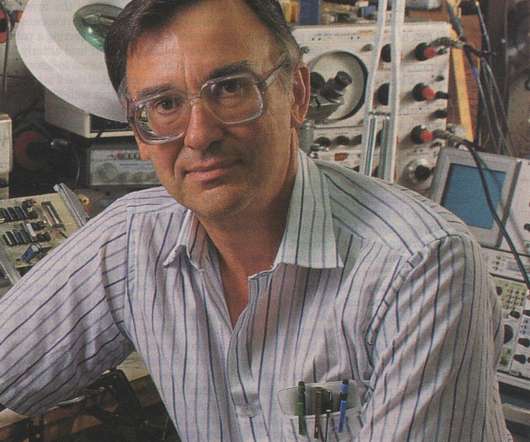Tech: Renewable Diesel: A Sustainable Substitute
Clean Fleet Report
JUNE 17, 2024
Today, it is a cost-neutral way for fleet owners to achieve their goals by allowing them to convert an entire diesel-powered fleet to alternative fuel overnight. One challenge is feed pretreatment, which can be done with acid, high-pressure water and/or adsorbents, depending on the technology selection.

























Let's personalize your content